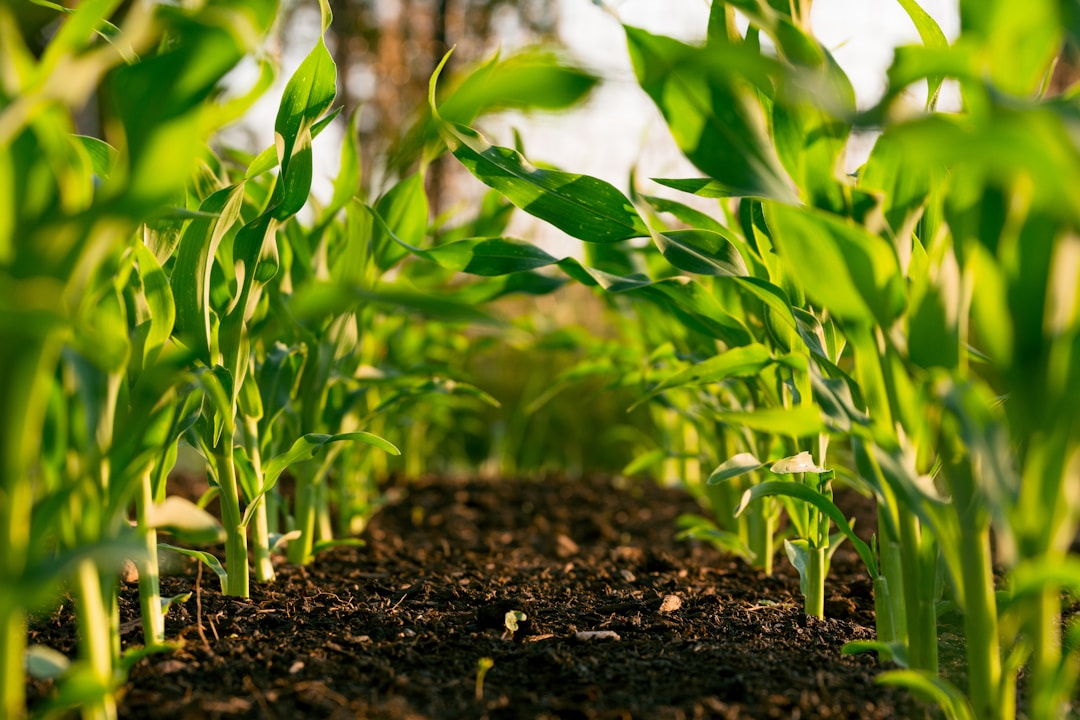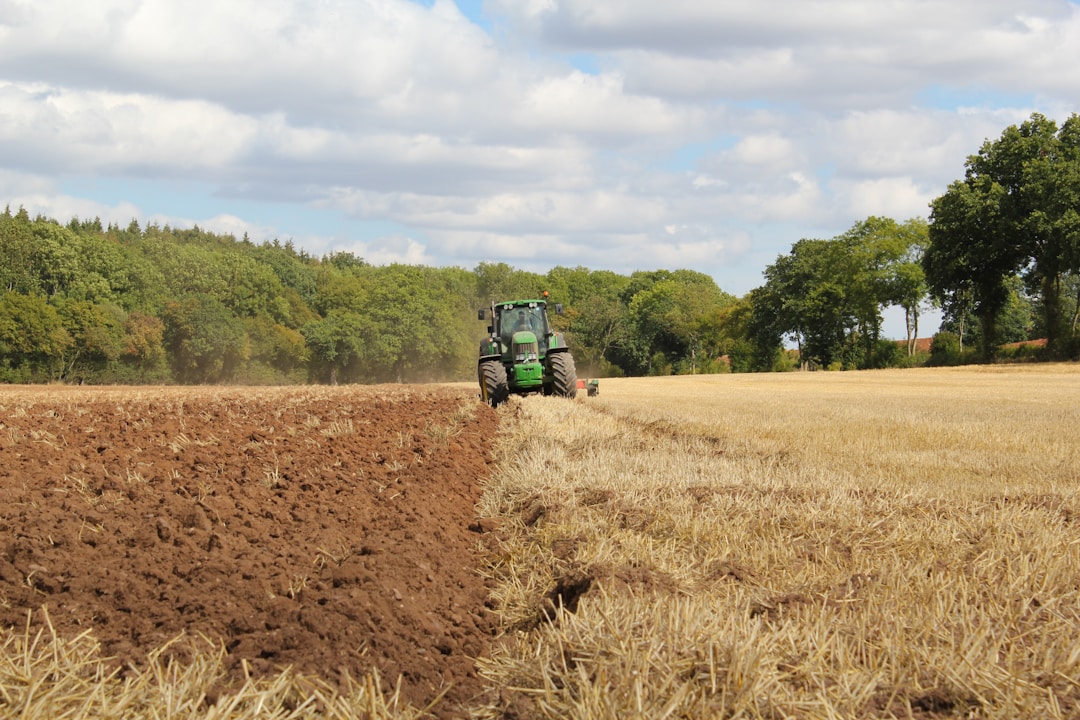Farming has been a staple aspect of human life for thousands of years. Despite the growing innovations in technology and different sectors that might sway people towards more “modern” careers, farming remains a vital industry. With global populations rising and the demand for food consistently increasing, breaking into the farming industry can be both a rewarding and profitable venture. Below, we guide you through the steps to establish yourself successfully in the farming world. We will cover understanding the industry, creating a business plan, setting up your farm, and maintaining a sustainable practice.
Understanding the Farming Industry

Like any other industry, an in-depth understanding of farming is crucial before you delve into it. Agriculture is not as simple as planting a seed and watching it grow. Each crop has various needs, some requiring specific weather conditions, soil acidity, water access, and even specific pests and diseases to look out for. By taking the time to research each aspect of farming, you equip yourself with the knowledge needed to succeed and might even prevent devastating losses. Making use of resources such as farming workshops, books, and mentorship can create a solid foundation for your farming journey.
Apart from understanding what happens in the field, understanding the market is crucial. Knowing what consumers want and the best product for your chosen location can decide your farming success. From understanding the intricacies of organic farming to recognizing the benefits of the direct selling approach, being market savvy will aid you greatly. Partner with industry leaders such as agricultural building construction Alberta to develop sustainable and efficient farm structures critical to your farming success.
Creating a Farming Business Plan
A well-drafted business plan is the backbone of any successful business, and farming is no exception. The plan should provide a solid foundation for your operation and guide your decision-making process throughout your farming journey. It should detail the kind of farming method you intend to use, the crops or livestock you wish to farm, your target market, and how you plan to reach it. Additionally, it should include your funding sources, equipment needed, and risk management strategies in case of unexpected challenges.
While drafting your business plan, you may realize that farming, like other businesses, incorporates several aspects that you might need to seek external help. An example is the installation and maintenance of your farm’s HVAC system. Partnering with reliable professionals who offer HVAC & plumbing services ensures that your farming operations aren’t disrupted due to HVAC issues.
Setting Up Your Farm

Setting up your farm involves selecting the appropriate piece of land, carrying out the necessary soil tests, sourcing for the right seeds or livestock, and procuring the machinery needed for your activities. As you set up, remember to consider environmental impacts and strive to create an ecological balance. Practice sustainable farming methods such as mixed farming or crop rotation that help maintain soil fertility while protecting the environment.
The success of your farm deeply depends on the right infrastructure in place. Everything from your irrigation system to the barns and greenhouses plays a vital role in ensuring your farm thrives. Careful planning and quality materials are essential in setting this up. Proper construction of farm buildings will ensure longevity, functionality, and increased productivity.
Maintaining a Sustainable Farming Practice
Successful farming goes beyond successful setup and initial operation. Long after you have planted your first crop or started rearing your livestock, the question of sustainability arises. Implement practices that not only lead to high yields now but also ensure you continue reaping benefits for a long time to come.
One important aspect of sustainable farming is the continuous acquisition of knowledge. The farming industry keeps advancing, and to keep up, you must be open to continuous learning. Attend farming seminars and subscribe to farming publications to keep abreast of the latest farming methods, technologies, and market trends. You should also be open to change and ready to adapt to new methods that promise better returns.
Overall, breaking into the farming industry might seem daunting, but with the right knowledge, attitude, and resources, it is certainly achievable. As you embark on your farming journey, remember that success doesn’t come overnight. Be willing to learn, adapt, and work hard, and soon, you could be reaping the benefits of your farm.

